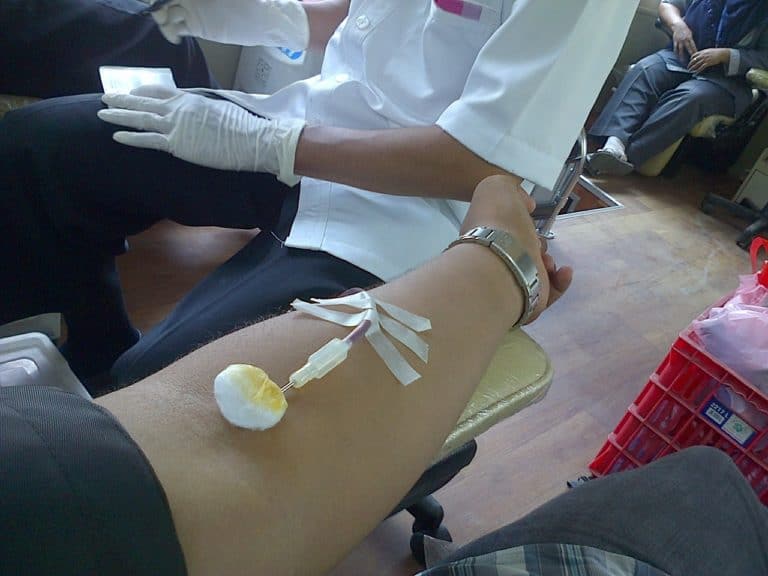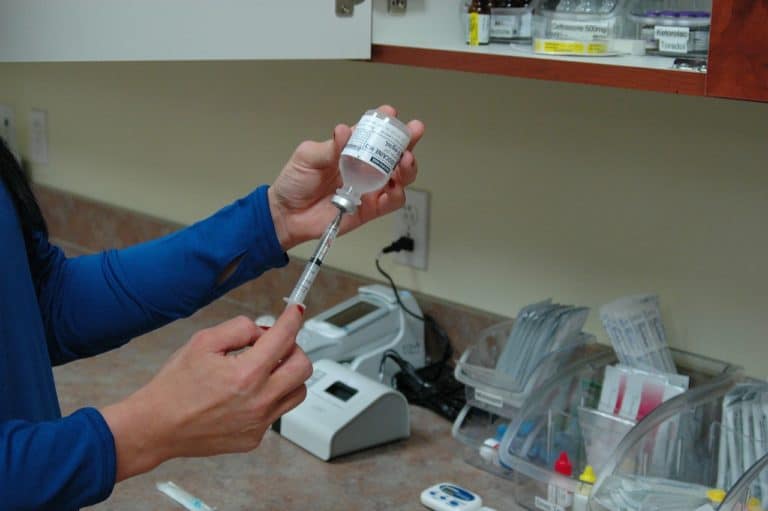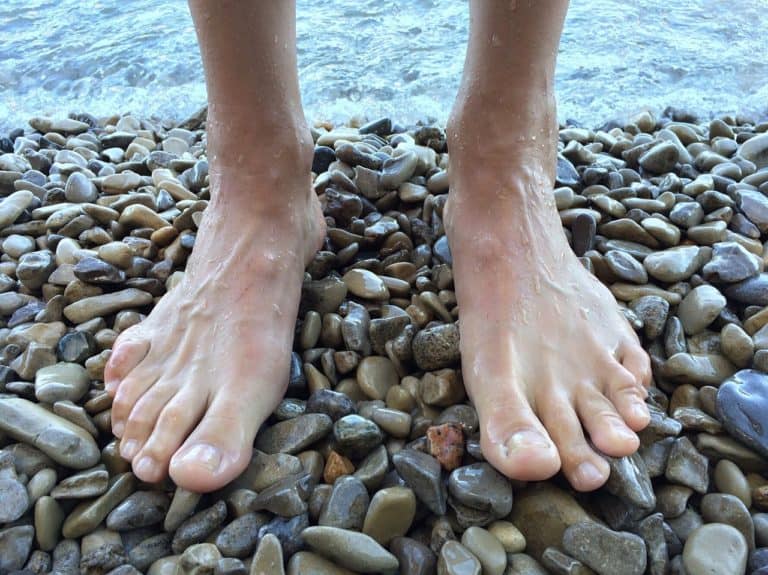Substances in green tea and red wine called polyphenols have been shown to inhibit the growth of prostate cancer, but until now scientists were not sure how they did it. Now they believe they know.
Green tea and red wine inhibit prostate cancer
An international team of investigators has discovered that polyphenols in green tea and red wine interrupt or “snarl the traffic” in a critical pathway that carries signals from cells. When this cell-signaling process is disrupted, it inhibits prostate cancer growth.
The research findings, which appear in The FASEB Journal online, will hopefully lead to the development of drugs that can improve current treatments and/or slow or stop the progression of prostate cancer and other types of cancer as well. Dr. Gerald Weissmann, editor-in-chief of The FASEB Journal, noted that “Not only does [the] signaling pathway play a role in prostate cancer, but it also plays a role in other cancers, such as colon cancer, breast cancer and gastric cancers.”
The investigators came upon their discovery in an experiment in which three groups of mice were given either plain drinking water, drinking water that contains a green tea polyphenol known as epigallocatechin gallate (EGCG), or drinking water with another green tea polyphenol called polyphenon E. After human prostate cancer cells were implanted into all the mice, the scientists waited to see what transpired.
The results were promising: the two groups of mice that received a green tea polyphenol showed a dramatic decrease in the size of their prostate cancer tumors.
Both green tea and red wine contain these prostate cancer-fighting polyphenols. Thus Weissmann noted that “As long as they are taken in moderation, all signs show that red wine and green tea may be ranked among the most potent ‘health foods’ we know.”
Reference
Brizuela L et al. The sphingosine kinase-1 survival pathway is a molecular target for the tumor-suppressive tea and wine polyphenols in prostate cancer. FASEB Journal 2010 Jun 14







